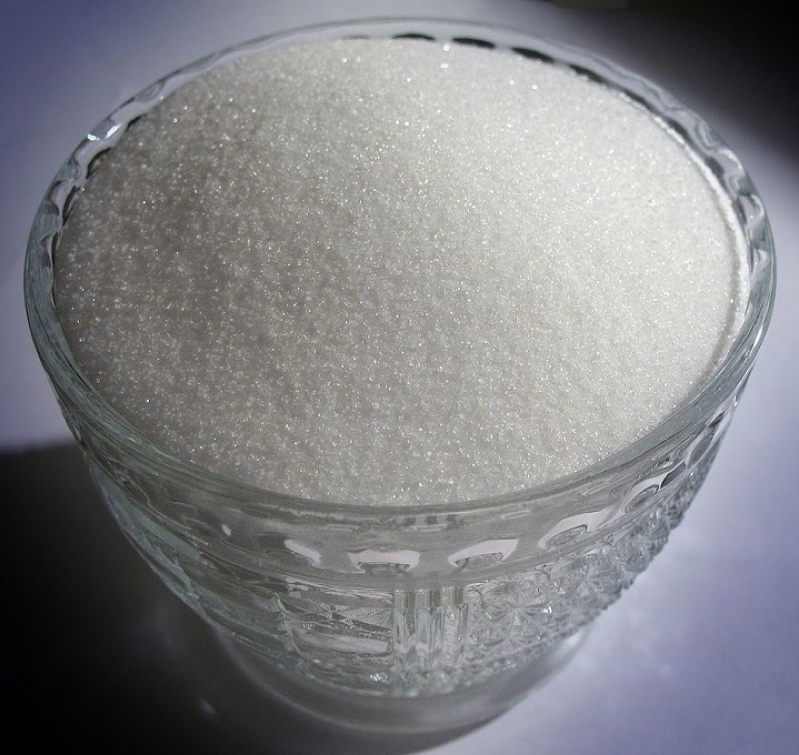
Years of blaming saturated fat as the major factor that causes coronary heart disease may be coming to an end as researchers uncovered documents proving certain people duped the public into believing that saturated fat, not sugar, is primarily to be blamed for the disease.
In an article published in JAMA Internal Medicine, researchers conducted a literature review of old documents from the Sugar Research Foundation (SRF) and other reports regarding the causes of heart disease. The documents they reviewed included correspondence between SRF and a professor from Harvard University.
They said that in the 1950s, there had already been reports that sugar could increase the risk of heart disease. However, in 1965, the SRF, presently known as the Sugar Association, sponsored a literature review of the risk factors for heart disease. The study, published in the New England Journal of Medicine in 1967, focused on how fat and cholesterol caused the disease.
The researchers discovered the results of the 1967 study appeared to have “downplayed evidence that sucrose consumption was also a risk factor.”
The archives showed that the SRF paid three scientists from Harvard to do the literature review. Additionally, the SRF chose the articles that were to be included in the review.
“The SRF set the review’s objective, contributed articles for inclusion, and received drafts. The SRF’s funding and role was not disclosed,” the authors further commented.
The 1967 study was able to successfully question the link between sucrose and coronary heart disease while establishing the supposed role of fat in the disease’s development. It also influenced related succeeding studies.
“They were able to derail the discussion about sugar for decades,” study author Stanton Glantz, a professor of medicine at UCSF, said.
He emphasized that the present study’s findings are important, especially when the debates about the ill effects of sugar and saturated fat on health still continue.
“It was a very smart thing the sugar industry did, because review papers, especially if you get them published in a very prominent journal, tend to shape the overall scientific discussion,” Glantz added.
Writing in an accompanying commentary, Marion Nestle from New York University said the deception of the old study was “appalling” and praised the authors of the new study, saying their revelations “have done the nutrition science community a great public service.”
Nestle emphasized the need to “consider the harm to scientific credibility and public health” when conducting studies funded by companies that could benefit from the results.






